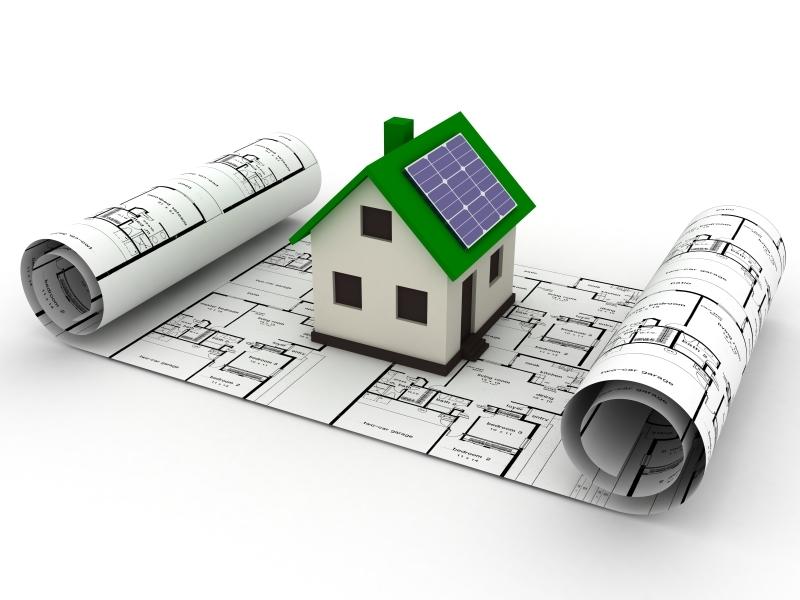The generally accepted definition of sustainable development is “development that meets the needs of the present without compromising the ability of future generations to meet their own needs.” The three pillars of sustainability are environmental, social, and economic.

The construction industry makes a major contribution to generating value and creating jobs in the Serbian economy. Many other industries are linked to the construction industry, and as a result the construction industry serves as an economic driver to generate prosperity.
In the world of construction, buildings have the capacity to make a major contribution to a more sustainable future for our planet.
Projects must adhere to the highest ethical standards and promote social inclusion at all stages of construction, from planning and building to use and servicing; to ensure an enduring positive impact on communities.
Projects must exhibit a sensible use and management of natural resources throughout their entire life cycle. Long-term environmental concerns, especially pertaining to stocks and flows of material and energy, should be an integral part of the design philosophy.
Projects must prove to be economically feasible with regard to channeling and managing financial flows.
The construction industry can contribute to better sustainability through:
- Low carbon buildings – buildings account for 50% of all emissions
- By reducing, reusing, recovering and recycling waste generated in the construction process
- By designing buildings to encourage people to be more environmentally friendly
- Adapting to foreseen climate change
We offer sustainable design, construction and management advice for all types of building.
